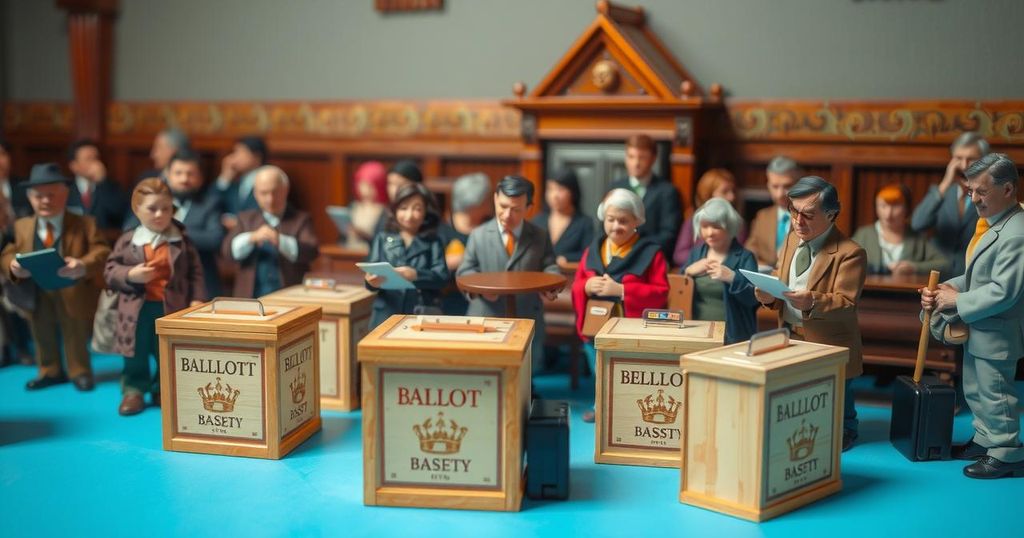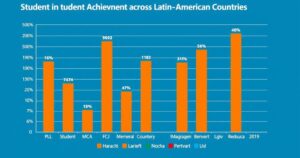Chad Faces Low Voter Turnout and Opposition Boycott in Parliamentary Elections

Chad held parliamentary elections marked by low voter turnout and opposition boycotts, as the military transitional rule ends. These elections are the first in over a decade and aim to establish a decentralized governance structure. However, criticisms from opposition parties concerning electoral legitimacy pose challenges to the transition towards democracy.
On Sunday, Chadians participated in parliamentary and regional elections amidst significantly low voter turnout. This election marks the end of a three-year transitional phase characterized by military governance. The leading opposition groups decided to boycott the elections, alleging that the government has failed to facilitate a legitimate electoral process. This parliamentary election is particularly noteworthy as it is the first in over a decade, following a controversial presidential vote held months prior, which was led by the junta leader Mahamat Idriss Deby after assuming power in 2021. Official results of the election are anticipated in approximately two weeks.
The elections occur in a nation historically challenged by a lack of democratic governance since its independence in 1960. A total of 188 legislators are to be elected as part of a reform aimed at decentralization, although many political critics remain skeptical. Reports indicated minimal voter engagement in the capital N’Djamena, with several polling locations registering mere handfuls of participants. Notably, a coalition of over ten opposition parties—including the prominent Transformers party—decried the electoral process, dismissing the elections as a mere facade intended to perpetuate the current leadership’s rule. Opposition leader Succes Masra, previously a candidate in the presidential race, has voiced concerns over potential electoral manipulation, encouraging citizens to abstain from voting in protest.
As Chad navigates ongoing security challenges, including threats from Boko Haram, the present electoral process signifies a pivotal moment in the country’s political evolution. Experts contend that the elections should not merely symbolize a transition but rather serve as the foundation for a sustainable democratic framework. Notably, Mahamat Oumar Adam, a political analyst, emphasized the critical nature of maintaining democratic integrity amidst the prevailing political climate. With numerous adversities facing the nation, the outcome of this election may significantly influence Chad’s trajectory towards genuine democratic governance.
Chad has a tumultuous political history, characterized by prolonged periods of military rule and limited electoral legitimacy. The current transitional government, led by Mahamat Idriss Deby since 2021, stepped in following the death of former President Idriss Deby, who ruled for three decades. The recent parliamentary and regional elections represent a critical effort to restore democratic processes, occurring after a series of significant events including a national dialogue and constitutional referendum. Despite these advances, the lack of participation from major opposition parties raises concerns about the election’s credibility and the future of democratic governance in Chad.
The recent parliamentary elections in Chad highlight the challenges facing the nation as it strives for democratic governance after years of military rule. The significant boycotting by opposition parties raises serious questions regarding the legitimacy of the electoral process and the potential for continued autocratic rule under Mahamat Idriss Deby. As results are anticipated in the coming weeks, the international community and Chadian citizens alike await a definitive indication of the country’s commitment to restoring true democracy amidst ongoing security and political struggles.
Original Source: apnews.com








